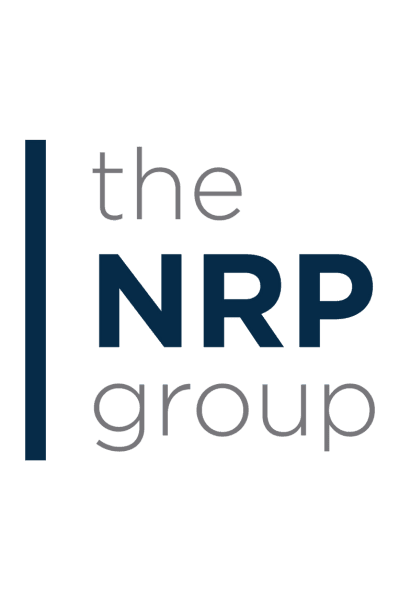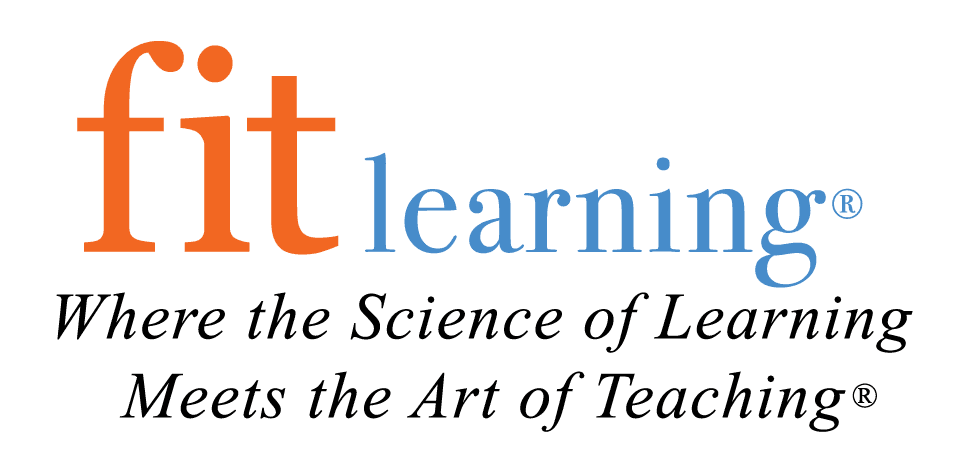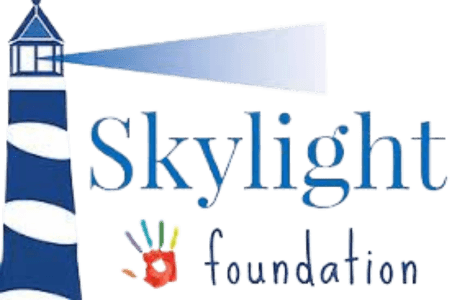
When children are placed into the foster care system, the obvious hope is to find a permanent place for that child to call ‘home’. Every year, that hope will evaporate for as many as 23,000 children nationwide as they age out of the system. Youth who age-out represent approximately 9 percent of children who exit the foster care program per year.
For these children, the data does not paint an optimistic picture of their future. By age 21, 67 percent of transitional youths will have their high school diploma or GED, compared to 90.5 percent of young Americans in general. Twenty-six percent of them will have experienced homelessness in the past 2 years while 25-50 percent will either have only temporary housing or be precariously housed (such as couch surfing); 23 percent will report not being employed full or part-time or in any education or employment related training. High-risk behavior is not uncommon as well, with 43 percent of 21-year-olds reporting either a history of either substance abuse counselling/assessment, being incarcerated, or having birthed or fathering a child.
Being at risk for all of these problems means a successful transition to an independent adulthood is a daunting task for many of those aging out of the system. Fortunately, the need for support structures for these individuals is recognized by many organizations including Adoption Network Cleveland and the state of Ohio. This article focuses on two new programs which have been designed to aid in the transition from foster care to independency to better serve these individuals.
Launched in 2017, Bridges, a large statewide program run by the Ohio Department of Job and Family Services, is available for 18-, 19-, and 20-year-olds that provides guidance and support for their transition to adulthood. Those who qualify and choose to enroll can expect to have regular meetings with Bridges liaisons where they will learn skills and can access services in areas related to housing needs, education, employment needs and opportunities, and well-being.
While Bridges assists with daily life and other necessities, it does not place an emphasis on the difficult emotions that one can feel during transition. Estimates suggest that more than half of youths in transition seek to reconnect with members of their birth family, a journey that they can struggle with if they have no support. This is where Reconnections comes in. Reconnections is a new program offered by Adoption Network Cleveland that gives older foster youth and foster care alumni that much needed support. Through peer group meetings and one-on-one support, Reconnections encourages the setting of healthy boundaries, maintaining realistic expectations, and ways to navigate familial relationships. It provides a safe non-judgmental place for youth and alumni to come to talk and share.
Aging out of the foster care system can leave one in a very insecure position in life. Without the safety net of a permanent family or a mentor to support young adults with the ins and outs of daily life, it can be very hard to achieve a standard of living deserved by those in a modern society. In conjunction, both Bridges and Reconnections can serve these young adults in logistical and emotional ways. It our hope at Adoption Network Cleveland that these programs can begin to mend the many structural disadvantages these youths face.
Learn more about the Reconnections program. More information about the Bridges program is available through ODFJS.
Nick Weaver is the Volunteer and Outreach VISTA at Adoption Network Cleveland.
















